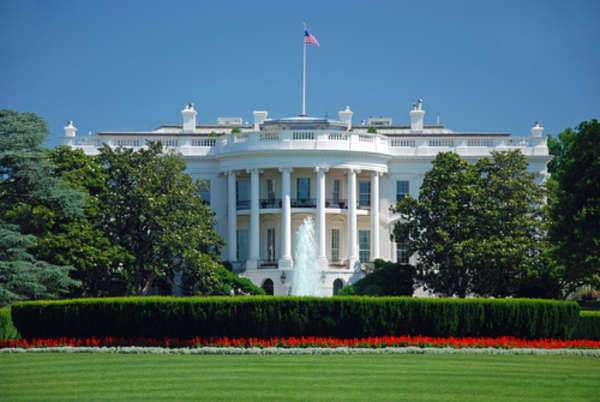A Look at the Platt Amendment
The Platt Amendment: A Document of Power and Controversy
The Platt Amendment was a document that defined US relations with Cuba which came into effect in 1901. The amendment was named after Orville Platt, the US senator who wrote and proposed it. The amendment was added to Cuba's new constitution and effectively made Cuba a protectorate of the United States. It was drafted as part of an agreement between the US and Cuba following the Spanish-American War in 1898.
The Platt Amendment had several key provisions that were aimed at maintaining US influence over Cuba. For example, it stated that the US had the right to intervene in Cuban affairs whenever it deemed necessary. This was meant to protect US interests in Cuba, which included trade, investment, and strategic military positioning. The amendment also stated that Cuba would be forced to lease land to the US for military bases, which would give the US a significant foothold in the Caribbean.
Another key provision of the Platt Amendment was that it gave the US the right to veto any treaties or alliances that Cuba might enter into with other nations. This was an attempt to prevent Cuba from forging close alliances with other countries, particularly those that were hostile to the US. Additionally, it required Cuba to maintain a balanced budget and limited its ability to borrow money from foreign countries.

The Platt Amendment was very controversial at the time, and it remains so today. Critics argued that it was a blatant attempt by the US to control Cuba's affairs and infringe on the country's sovereignty. They saw it as an example of imperialism and argued that it violated the principles of self-determination for nations. Many Cubans also opposed the amendment, viewing it as a violation of their independence and an infringement on their rights.
Despite the controversy, the Platt Amendment remained in effect until 1934 when it was rescinded by the US government. By that time, however, the US had already established itself as a dominant force in Cuba. The amendment had achieved its primary goal of giving the US control over Cuba's affairs, and it helped to shape the country's political and economic landscape for decades to come.
In conclusion, the Platt Amendment was a document of power and controversy. It was an attempt by the US to exert control over Cuba's affairs and protect its interests in the region. While it achieved its primary objective, it also generated a great deal of opposition and criticism both in Cuba and beyond. Today, the Platt Amendment is an important chapter in the history of US-Cuban relations and a reminder of the complex and often contentious relationship between these two nations.
The Platt Amendment was created by an individual named Orville Platt. It was an Amendment that mapped out the conditions between Cuba and the United States around the time of the Spanish-American War.
Essentially, Orville Platt created an agreement of terms on which the United States and Cuba would eventually agree.
For the United States, this was sent to Congress for voting; it passed through with a majority and was ready to be integrated into the U.S. Constitution. However, before it could be official the Platt Amendment had to be sent to Cuba and be voted on.
The initial response to the Platt Amendment was a poor one. The Cuban Assembly turned it down when it first came to the floor. However, it did eventually get accepted and verified with a majority vote from the Cuban Assembly and was implemented into their Constitution as well.
The Platt Amendment outlines the following conditions: Cuba is not allowed to sign any treaties or contracts with foreign powers or house foreign naval bases and impair their own freedom as a nation. The Cuban Government cannot sign contracts and accrue debt with foreign powers unless there is a legitimate revenue source in which they can pay the money back.
Furthermore, the Platt Amendment outlined that the United States is allowed to intervene in political matters regarding Cuba, in order to preserve Cuba’s independence. Cuba is also required to change the conditions of the land to make it more sanitary and to alleviate the issue of epidemics. Cuba agreed to let the United States maintain its overall independence under the provision the United States had set forth.